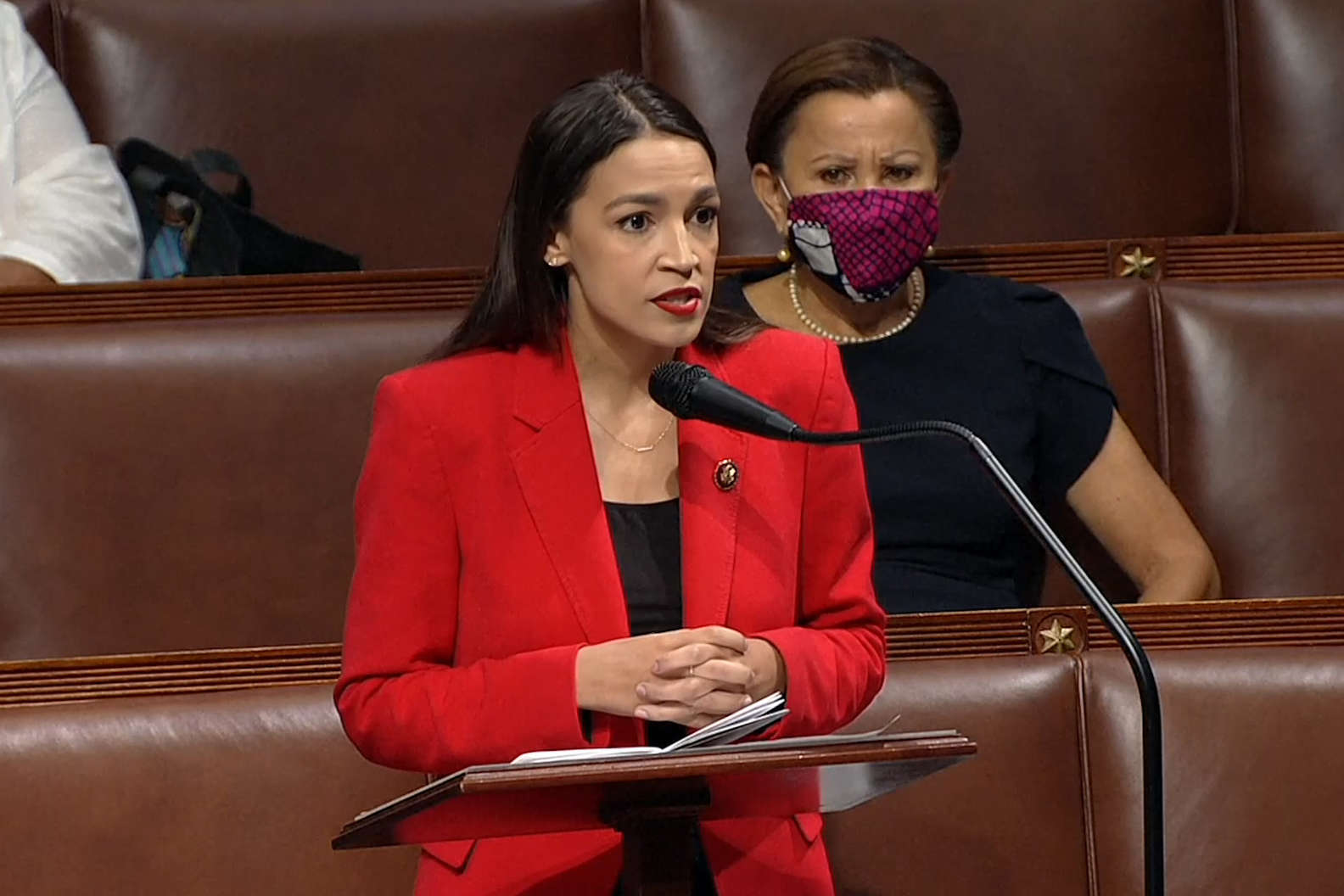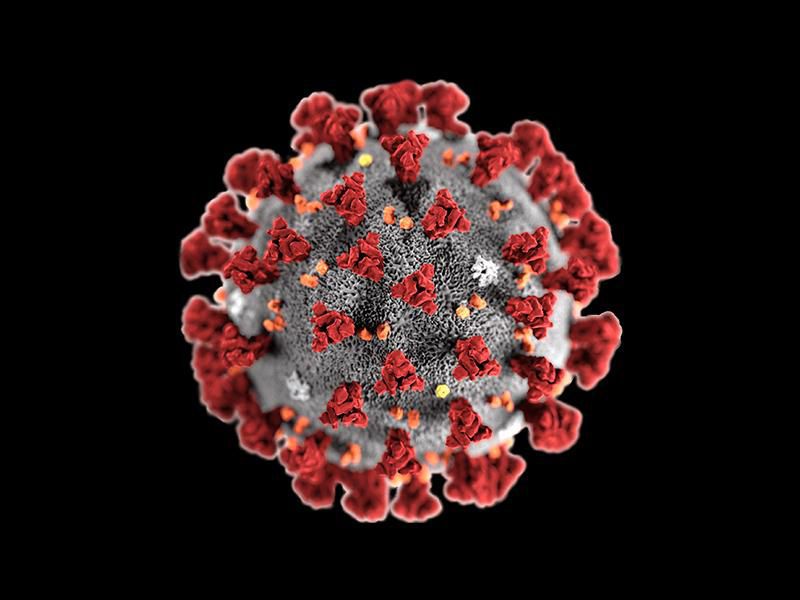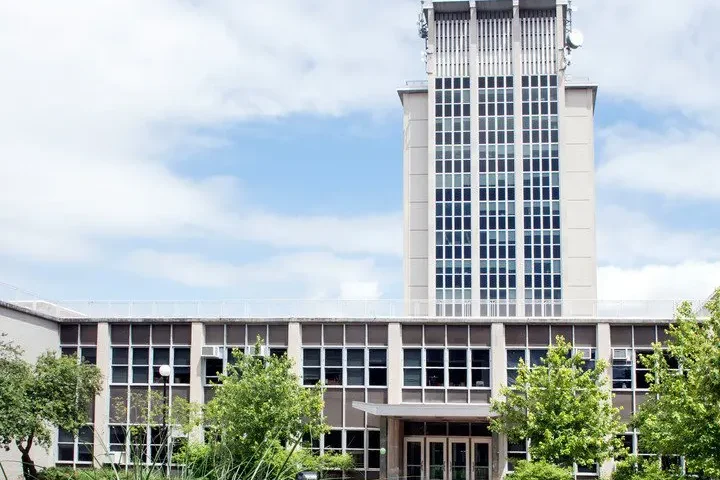Illicit explosives allegedly barred from being stored in Beirut were detonated at dusk on Tuesday in Beirut, Lebanon, causing numerous casualties.
At approximately 6:00 P.M., the explosion struck the capital city of Beirut, killing over 100 civilians and injuring at least 1,000. Lebanon’s prime minister said in an official statement that preliminary investigations show that an estimated 2,750 metric tons of explosive ammonium nitrate were stored at a warehouse at the time of detonation.
The magnitude of the detonation caused tremors felt in the neighboring country of Cypress. Civilians, rescue teams and public officials are desperately searching for bodies amidst the rubble. Electricity in all of Beirut faltered, delaying search efforts until a few hours following daybreak on Wednesday.
The explosion annihilated the city’s port, a thriving economic center. It also destroyed numerous homes and businesses. The scraps and debris left behind resemble an apocalyptic warzone. With 300,000 individuals left homeless, the government has declared a state of emergency in the city.
The destruction also worsened other current crises such as the COVID-19 pandemic, causing a backlog of gravely-ill patients in already-saturated hospitals.
Health officials and government leaders remain uncertain as to the exact origin of the explosion, but ammonium nitrate (also referred to as AN), a chemical compound present in fertilizers, was identified as the material largely responsible for the blast. It’s susceptible to oxidation and explosivity.
“AN does not burn, but if exposed to heat, it can melt, releasing combustible gases,” said CNN reporter Jessie Yeung. This suggests that an unidentified heat source catalyzed the fatal explosion.
According to The New York Times, Lebanese officials attribute this event to unresolved conflicts originating from a Russian-owned cargo ship headed for Mozambique that made an unscheduled stop in the city in 2013.
An investigation is underway as officials work to identify the exact cause of the blast, although members of the public place some of the blame on the incompetence of Lebanese leaders, who have been condemned for failing to take effective action to safely dispose of the ammonium nitrate located at the explosion site.
Suggestions included the exportation of these chemicals or a donation to the Lebanese army. Despite this advice, Lebanese officials stalemated.
Prior knowledge of the probability of a fatal explosion doesn’t look good for the country. For this reason, the public took to Twitter and other social media platforms to bolster a truth-seeking campaign and spread global awareness by spreading images of the explosion.
As per the 14-day emergency declaration, law enforcement officers in Beirut are permitted to carry out house arrests and apprehension of suspects.
Please see the New York Times guide on how to help those impacted by the explosion: https://www.nytimes.com/2020/08/05/world/how-to-help-lebanon-beirut.html














